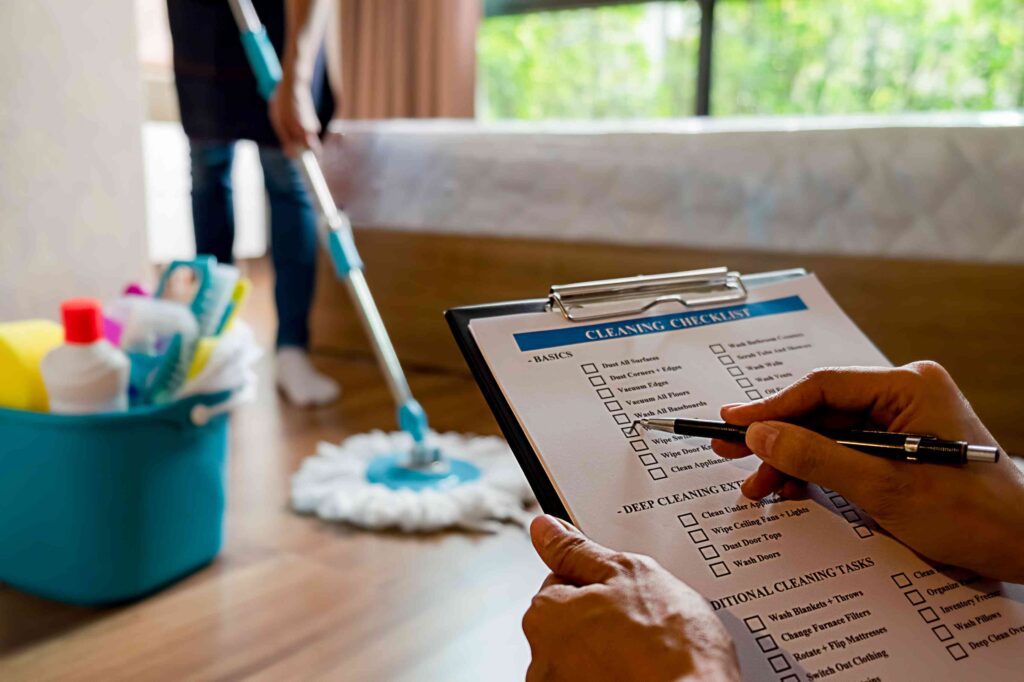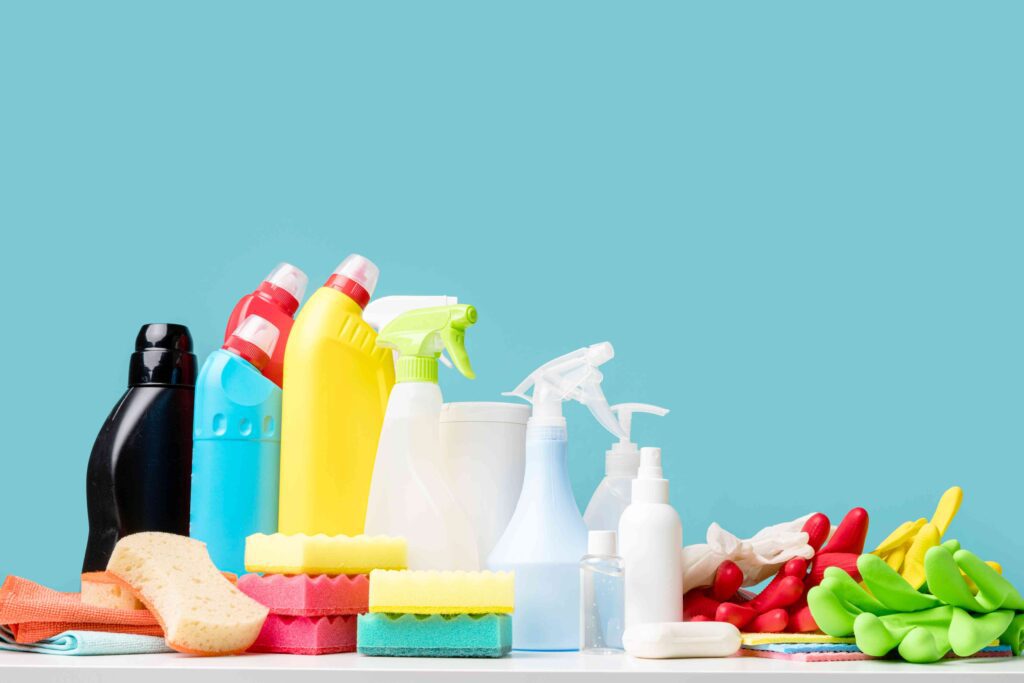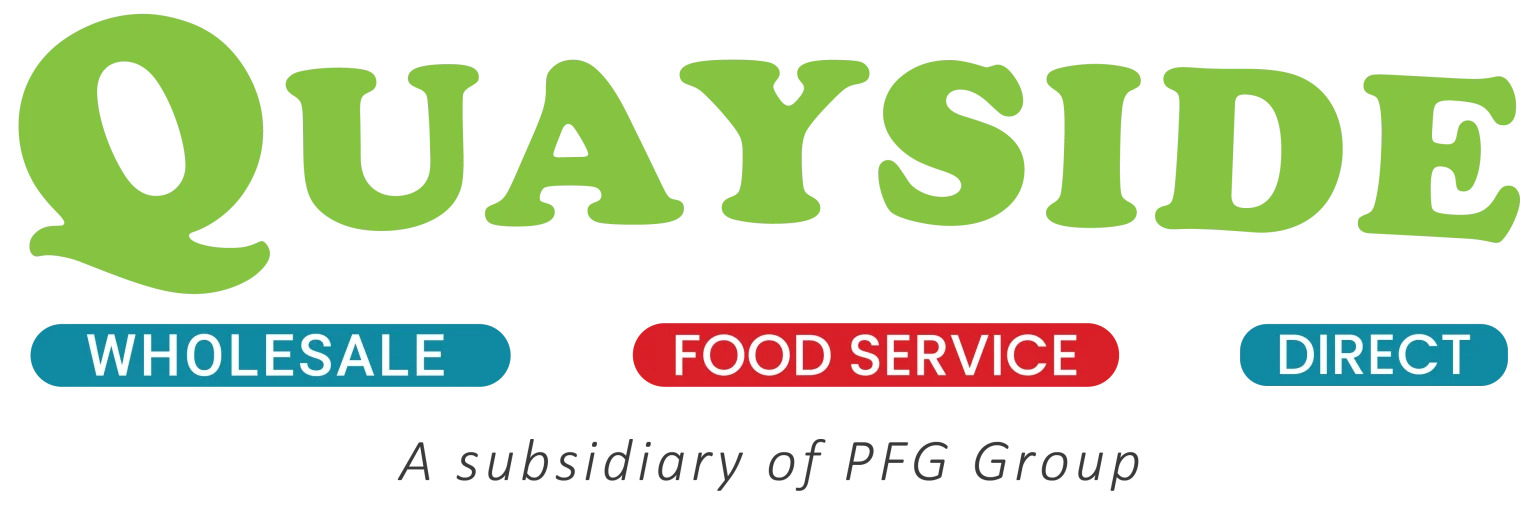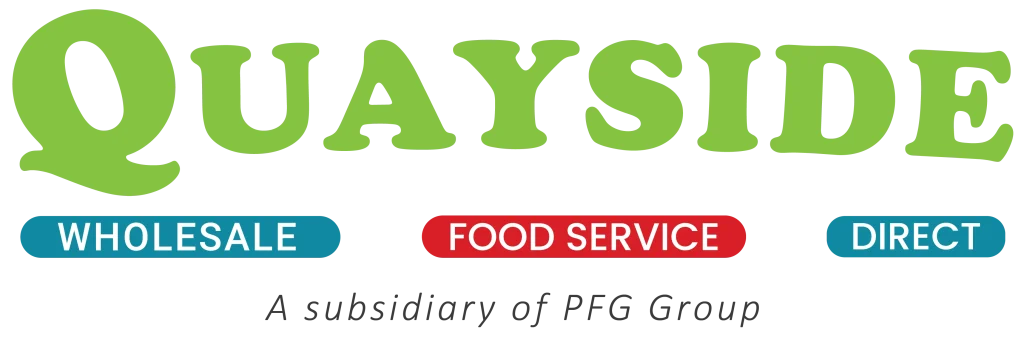Professional kitchen cleanliness isn’t just about appearances, it’s about protecting your business, customers, and bottom line. With 48% of foodborne illnesses directly linked to poor kitchen hygiene, maintaining impeccable cleanliness standards has never been more critical for food service operators.
This comprehensive guide covers everything you need to know about commercial kitchen cleaning, from daily maintenance routines to deep cleaning schedules, staff training protocols, and regulatory compliance strategies that keep your business thriving.
Why Professional Kitchen Cleanliness Matters More Than Ever
Food Safety and Public Health Protection
A clean commercial kitchen serves as your first line of defense against foodborne pathogens. Proper sanitation protocols prevent cross-contamination between raw and cooked foods, eliminate bacterial growth on surfaces, and ensure every dish served meets food safety standards.
Regulatory Compliance and Business Protection
Health department violations can result in:
- Temporary or permanent closure orders
- Heavy fines ranging from hundreds to thousands of dollars
- Damaged reputation and lost customer trust
- Legal liability for food poisoning incidents
Operational Efficiency and Staff Morale
- Clean, organized kitchens boost productivity by:
- Improving overall workflow and service speed
- Reducing time spent searching for equipment and ingredients
- Minimizing equipment breakdowns and maintenance costs
- Creating a professional work environment that attracts quality staff

Daily Kitchen Cleaning Checklist: The Foundation of Food Safety
Critical Surface Sanitization
Food Preparation Surfaces
- Clean and sanitize all cutting boards after each use
- Wipe down stainless steel counters with approved food-safe sanitizers
- Replace cutting boards showing knife marks or stains
- Use color-coded boards to prevent cross-contamination
Equipment and Utensils
- Wash knives and utensils immediately after use in hot, soapy water (minimum 110°F)
- Run dishwasher cycles at proper temperatures (150-160°F wash, 180°F rinse)
- Air-dry or use clean, sanitized towels for drying
- Store clean utensils in designated, covered areas
Floor and Drain Maintenance
- Sweep floors throughout service to remove debris
- Mop with commercial-grade floor cleaner at shift end
- Clean floor drains and remove grease buildup
- Address spills immediately to prevent slip hazards
Waste Management Protocol
- Empty trash receptacles before they overflow
- Use heavy-duty liners appropriate for food waste
- Clean and disinfect bin interiors weekly
- Maintain separate containers for different waste types
Weekly Deep Cleaning Schedule for Commercial Kitchens
Some tasks require more thorough attention to maintain a hygienic environment:
- Ovens, Grills, and Exhaust Hoods: Deep clean weekly to remove grease and grime. This prevents fire hazards and keeps equipment running efficiently.
- Storage Areas: Inspect and clean shelves, fridges, and freezers. Discard expired items to maintain food quality.
- Walls, Ceilings, and Light Fixtures: Dust and wash these areas monthly to avoid dirt accumulation that could contaminate food.
By scheduling these deep-cleaning tasks, you can maintain high kitchen hygiene standards and extend the lifespan of your equipment.
3. Proper Waste Management
Effective waste management is vital for keeping a kitchen clean and pest-free.
- Waste Segregation: Separate food waste, recyclables, and general waste into clearly labelled bins. This prevents contamination and reduces disposal costs.
- Regular Disposal: Empty bins frequently to avoid attracting pests or creating unpleasant smells.
- Pest Control: Partner with a pest control service for regular inspections. A pest-free kitchen is a cleaner, safer kitchen.
Effective waste management not only upholds health and safety compliance but also ensures a cleaner, pest-free kitchen environment.
4. Staff Training and Accountability
Your staff plays a key role in maintaining cleanliness. Conduct regular training on cleaning protocols, the correct use of cleaning products, and personal hygiene practices. Assign specific cleaning tasks to team members to ensure all areas are covered. For example, one employee can sanitise counters while another is responsible for equipment maintenance. Clear roles create accountability and reduce the risk of oversights.
5. Choosing the Right Cleaning Products

Not all cleaning products are suitable for commercial kitchens. Use food-safe cleaners that effectively kill germs without leaving harmful residues. Eco-friendly options are a great choice as they minimise environmental impact while being safe for kitchen use. Ensure your staff knows how to handle and store these products properly to avoid accidents. The right products simplify cleaning and improve overall kitchen hygiene.
Quayside offers a range of high-quality and effective kitchen and cleaning products that ensure a spotless and hygienic environment. Their reliable lineup includes:
- Astonish Dishwasher Tablets – Powerful cleaning tablets that leave dishes sparkling clean.
- Astonish Disinfectant – Eliminates germs and bacteria, keeping surfaces safe and sanitised.
- Astonish Floor Cleaner – Provides streak-free, fresh-smelling floors with every use.
- Astonish Kitchen Cleaner Lemon Trigger – Tackles grease and grime, leaving a citrusy fresh scent.
- Astonish Mould & Mildew Trigger Apple Burst – Removes stubborn mould and mildew, leaving a fresh apple fragrance.
- Astonish Multi-Purpose Cleaner with Bleach Trigger – Combines powerful bleach for a thorough deep clean.
- Astonish Window Glass Cleaner Lemon Trigger – Ensures streak-free, crystal-clear windows and mirrors.
- Buzz Microfibre Cloths – Highly absorbent cloths ideal for dusting and polishing all surfaces.
- Buzz Lemon Multi-Surface Anti-Bacterial Wipes – Quick and easy surface cleaning with a refreshing lemon scent.
- DP Dishwasher Salt Crystals – Prevents limescale build-up and boosts dishwasher performance.
Choose Quayside for trusted products that keep your kitchen sparkling and hygienic.
6. Partnering with a Reliable Food Supplier
A trusted food supplier ensures your ingredients arrive fresh, clean, and well-packaged. Poorly stored products can compromise kitchen hygiene and food safety. Partnering with a supplier like Freshays guarantees high-quality products that meet hygiene standards. This allows you to focus on maintaining your kitchen while serving the best to your customers.
Tips for Staying Compliant with Health Regulations
- Compliance with health and safety laws is non-negotiable.
- Perform routine inspections to verify your kitchen adheres to all food hygiene standards and regulatory requirements.
- Keep detailed records of cleaning schedules, waste disposal, and pest control measures.
- Stay updated on industry standards by attending training sessions or consulting with experts. This protects your business from penalties and enhances your reputation.
Read More: Best Kitchen Cleaners Wholesale Suppliers in the UK
Conclusion
Maintaining a spotless professional kitchen requires dedication, proper systems, and the right resources. By implementing comprehensive daily cleaning routines, weekly deep cleaning schedules, and monthly maintenance protocols, you create a foundation for long-term success.
Remember that kitchen cleanliness is an investment in your business’s future. Every hour spent on proper sanitation protects your customers, satisfies regulators, and builds the reputation that keeps your food service business thriving.
Ready to elevate your kitchen’s cleanliness standards? Start with one area, perhaps implementing a more rigorous daily surface sanitization routine, and gradually expand your protocols. Your customers, staff, and bottom line will thank you.
Frequently Asked Questions
weekly for high-touch areas and monthly for comprehensive facility cleaning, with specific schedules based on volume and local health department requirements.
Surface sanitization after each use is critical, as contaminated prep surfaces are the leading cause of cross-contamination in professional kitchens.
Bulk purchasing, proper dilution ratios, and focusing on multi-purpose cleaners can significantly reduce costs while maintaining high standards.
Address violations immediately, document corrective actions, request a follow-up inspection, and consider hiring a food safety consultant for comprehensive system review.





